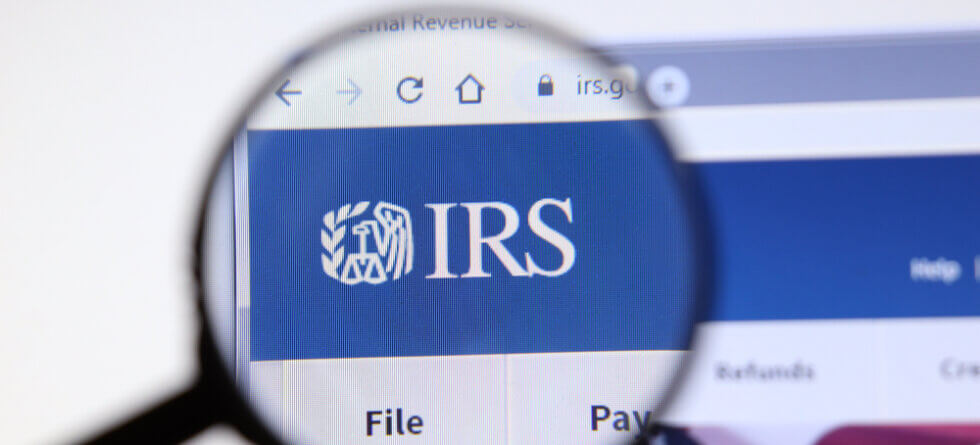The IRS (Internal Revenue Service) does not specifically require separate bank accounts for businesses, but it strongly recommends and often encourages the practice, especially for tax and accounting purposes. While it’s not a strict requirement, maintaining separate bank accounts for your business can help you stay organized, be compliant with tax regulations, and make it easier to track income and expenses accurately.
Here are some reasons why the IRS recommends having separate bank accounts for your business:
- Clarity and Organization: Separating your personal and business finances with separate bank accounts makes it easier to track and categorize income and expenses. This clarity is essential for accurate record-keeping and tax reporting.
- Compliance with Tax Regulations: Keeping personal and business finances separate is crucial for tax compliance. It helps ensure that you report your business income and deductions accurately on your tax returns. Commingling personal and business funds can lead to tax problems and IRS scrutiny.
- Legal Liability Protection: Maintaining separate bank accounts can help reinforce the separation between your personal assets and your business’s financial activities, which can be important for limiting personal liability in case of legal issues.
- Professionalism: Separating your business finances demonstrates professionalism to clients, partners, and investors. It can also simplify financial transactions and make your business appear more credible.
- Easier Financial Management: With separate bank accounts, you can easily monitor your business’s financial health, assess cash flow, and manage expenses more efficiently.
- Audit Trail: In case of IRS audits or financial reviews, having clear and well-organized business bank accounts can provide a straightforward audit trail, making the process smoother and less stressful.
While the IRS encourages separate bank accounts, it’s not always mandatory. However, some business structures, such as corporations and LLCs, may have specific legal requirements related to maintaining separate accounts to preserve the limited liability protection they offer.
To ensure compliance and maintain financial clarity, it’s advisable to establish separate bank accounts for your business, even if it’s not a strict requirement. Consult with a financial advisor or accountant for guidance on setting up and managing business bank accounts in a way that aligns with your specific business structure and needs.




